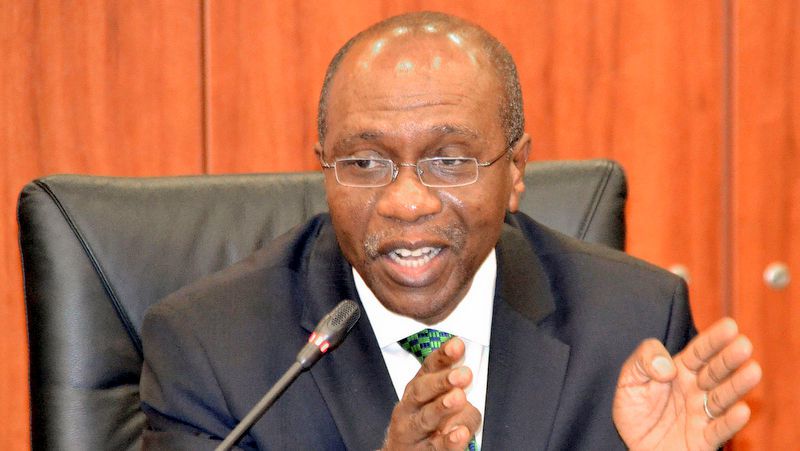This post has already been read 1265 times!
Govt Support For Sector Hits N1.5trillion
Stakeholders in the Nigerian power sector are unsettled on the need for the Central Bank of Nigeria (CBN) to continue its support for the sector after aiding the industry and preventing it from imminent collapse eight years after privatisation.
Fueled by tariff shortfall, receivable collection, technical, commercial and collection losses, financial liquidity in the power sector hovers around N4 trillion as of the apex bank alongside the Federal Government had to initiate a series of interventions to douse tension and avert a collapse of the 2013 electricity privatisation exercise.
In about eight years, CBN would have spent over N1.5 trillion to keep the nation’s power sector afloat although the sector was privatised with the intention of surviving by itself.
Recall that in August 2019, the Federal Government signed the release of N600bn for the power sector to bridge the shortfall in the payment of monthly invoices by key stakeholders in the sector. The Federal Executive Council (FEC) also approved the N701 billion CBN facility in March 2017 as Power Assurance Guarantee.
Seeing that the sector was heading for the worst with visible illegality, CBN had last year directed Deposit Money Banks to take charge of the collection of electricity bill payments. A circular signed by Hassan Bello, director of banking supervision, had linked the move to the recommendation of the Power Sector Coordination Working Group to improve payment discipline in the Nigerian Electricity Supply Industry (NESI).
The General Manager, Market Operations of the transmission company of Nigeria, Edmund Eje, told The Guardian that improvement was being witnessed in the remittances due to the agency.
The Nigerian Electricity Regulatory Commission (NERC) had noted that revenue to Nigeria’s power sector improved since late 2020, adding that consumers now pay over 78 per cent of their electricity bills to electricity distribution companies.
The CBN had noted that apart from bridging the metering gap in the sector, the power interventions led to the recovery of power generation capacity of about 1,200 megawatts and allowed DisCos to carry out projected capex through the issuance of letters of credit (LCs) for the purchase of over 704,928 meters; rehabilitation of over 332 kilometres (km) of 11 kilovolt (kV) lines and 130km of 0.45KV lines; 511 transformers purchased and installed and construction of 56 new distribution substations as well as the acquisition of a mobile injection substation.
An expert at PWC, Habeeb Jaiyeola noted that the interventions by the government to keep the sector afloat remained necessary, adding that the move has yielded necessary benefits.
However, Jaiyeola said there was a need for the industry to outgrow consistent support, stressing that the earlier that happened the better it is for the government, so it could pump resources into other critical sectors.
Former Chairman of Nigerian Electricity Regulatory Commission (NERC), Sam Amadi, who said the intervention remained critical, noted that the commission was relevant to the success of the financial intervention.
Speaking specifically on the intervention for metering, Amadi said: “I support the funding for meters but I doubt if it will solve the problem because the Discos will use the fund to largely replace bad meters and control revenue loss. But the rebate of unmetered customers will remain high and undermine any movement to the cost-reflective tariff.”
An energy scholar at the University of Lagos, Prof. Yemi Oke called for the immediate requisition or recapitulation of the sector stressing that government funding of the sector is not sustainable.
President of Nigeria Association for Energy Economics (NAEE), Prof Yinka Omorogbe said the country must immediately restructure and redesign the existing system, stressing that constant regulatory interventions are signs of an existing suboptimal system.
According to him, the investors have little or no experience in running the power sector and have also not invested sufficiently in the sector to warrant being handed the companies to run. “And because they are aware of the critical nature of power to the Nigerian economy, they are obviously blackmailing the government into providing them subsidies where none is required,” he said.



